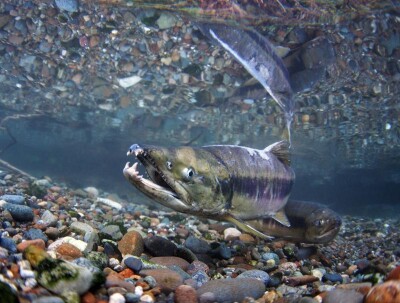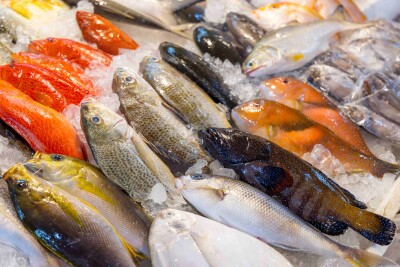Last month 24 nations and the European Union agreed to create the world’s largest marine reserve near Antarctica. The reserve in the Ross Sea is about twice the size of Texas, although will account for only a tiny fraction of the world’s total ocean area. Studies indicate other marine reserves have had mixed results in protecting fish, although the Antarctic reserve has several factors in its favor.
The Antarctic reserve appears to have four out of five features identified as important for success. The authors of a 2014 study in “Nature” magazine examined 87 marine protected areas around the world. They found some reserves were ineffective, while others worked well. Those that did best were: isolated, large, well-enforced and more than 10 years old. The reserves also banned all fishing.
The Antarctic reserve is certainly isolated and large, and is likely to be well-enforced. Commercial fishing will be banned entirely from about 72 percent of the reserve. The only criteria lacking is that the reserve is not old — it will take effect from Dec. 2017. One potential downside, however, is that countries that aren’t part of the group which created the reserve may not necessarily feel bound to respect it.






